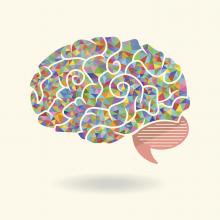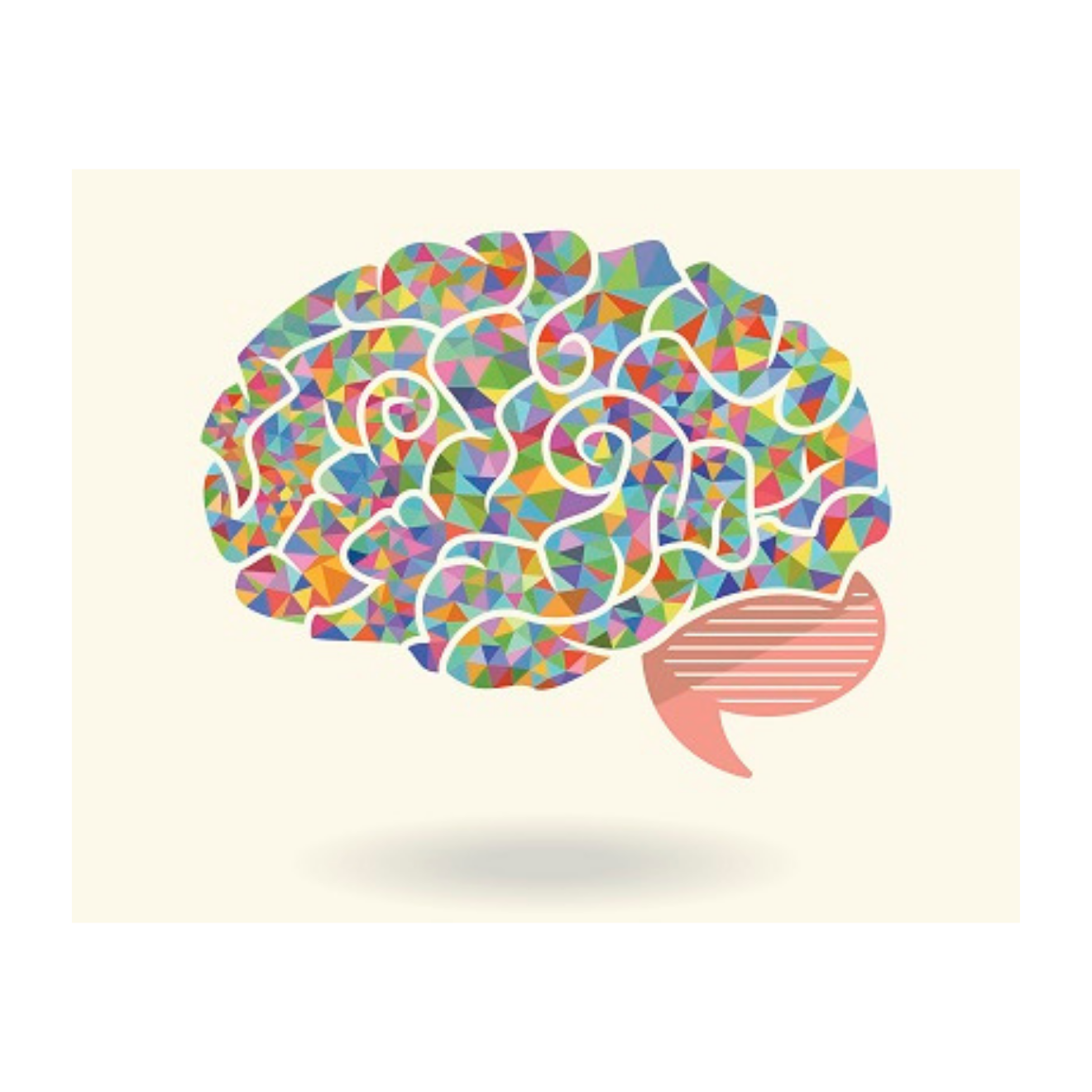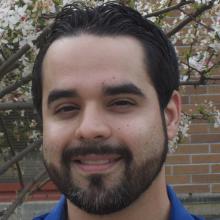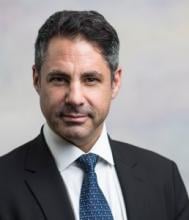
Member Prices
Non-Member Prices
2022 Annual Fall Forum
The past several years have witnessed a resurgence of interest in classic psychedelics (e.g., psilocybin, LSD, DMT) and empathogens/entactogens (e.g., MDMA) for their potential therapeutic applications in a range of psychiatric conditions, including major depressive disorder, treatment-resistant depression, PTSD, and substance use disorders. Although psilocybin and MDMA are now in late-stage FDA regulatory clinical trials, there is still a paucity of adequately powered, randomized, controlled data on the efficacy, tolerability and safety of these approaches. Major unresolved issues include the role of “set and setting” and non-drug factors in the potential benefit of these approaches, and the optimal delivery of psychedelic-assisted psychotherapy for patients.
This webinar brought together several leading experts to provide their clinical and research perspectives on the psychedelic medicine field as it pertains to depression, anxiety, and PTSD.
A leading academic psychiatry expert (Dr. Carhart-Harris) was the keynote speaker and discussed the state of the science for psilocybin in depression, including a discussion of its history, neuropsychopharmacology, clinical effects, and safety.
This keynote lecture was followed by a panel discussion including leading clinical and research faculty experts in classic psychedelics and MDMA (Drs. Carhart-Harris, Fonzo, Yehuda, and Ross) who discuss emerging scientific, clinical, and regulatory challenges for the field.
Learning Objectives:
- To describe the neuropsychopharmacology and mechanisms of actions of several classic psychedelics and empathogens
- To review the strengths and limitations of recent clinical trials of psilocybin and MDMA for patients with treatment-resistant depression and PTSD, respectively
- To discuss challenges for clinicians in the adoption and implementation of psychedelic-assisted psychotherapy
Keynote Presentation | Psychedelics: Brain Mechanisms
Presented by Robin Carhart-Harris, PhD
Panel Discussion | Psychedelic Therapy: Problems and Promises
Expert Panelists: Greg Fonzo, PhD, Stephen Ross, MD, and Rachel Yehuda, PhD
Discounted rates available for students, professional in developing countries, and members of the media. Contact Sasha Sicard: [email protected]
Trending Articles About Psychedelics
Psychedelics are a Promising Therapy, but They Can Be Dangerous for Some, NY Times, February 19, 2023 - Charles B. Nemeroff, MD, PhD
NIH-Funded Psychedelic Trial Will Study Whether Hallucinogen Can Help Smokers Quit, NBC News, October 26, 2022 - Charles B. Nemeroff, MD, PhD
With Promise of Legalization, Psychedelic Companies Joust Over Future Profits, NY Times, October 25, 2022 - Stephen Ross, MD
Can psychedelics combat prolonged grief? Dell Medical School launches study to find out, KUT 95, Charles B. Nemeroff, MD, PhD and Gregory Fonzo, PhD
Is the Psychedelic Therapy Bubble About to Burst?, Wired, August 31, 2022 - Robin Carhart-Harris, PhD quoted
Ketamine infusions improve symptoms of depression, anxiety and suicidal ideation, study says, CNN, September 13, 2022
Who should try ketamine therapy? What does it feel like?, Washington Post, September 12, 2022
Psilocybin as mental health therapy? Here’s what I found, Washington Post. September 5, 2022
Psychedelic Therapy: A Tool Against PTSD, AustinMonthly.com, September 1, 2022 - Charles B. Nemeroff, MD, PhD and Gregory Fonzo, PhD
Is the Psychedelic Therapy Bubble About to Burst?, Wired, August 31, 2022 - Robin Carhart-Harris, PhD
Dying Patients Are Fighting for Access to Psychedelics, TIME.com, August 24 ,2022
Psychedelics Take on Depression, Nature, August 24, 2022
How psilocybin, the psychedelic in mushrooms, may rewire the brain to ease depression, anxiety and more, CNN, June 11, 2022
















